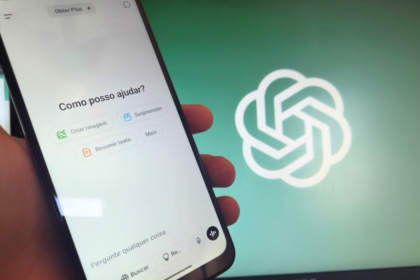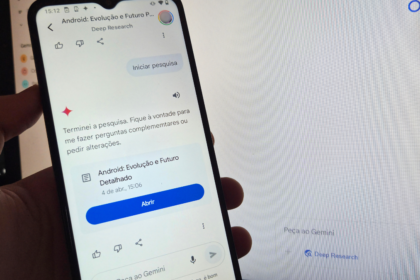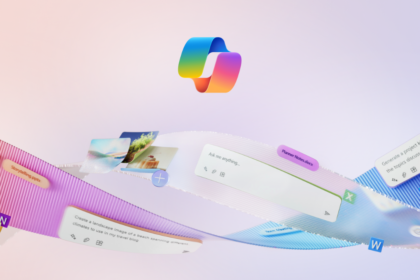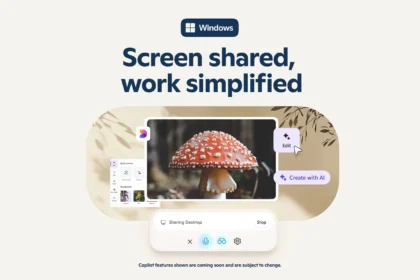Five major Canadian media organizations—Torstar, Postmedia, The Globe and Mail, The Canadian Press, and CBC/Radio-Canada—filed a lawsuit this Friday against OpenAI, the company behind ChatGPT. The media groups allege that the AI system violates copyright laws by using their content without proper authorization or attribution.
In an 84-page legal document, the plaintiffs outline their case against OpenAI. Through a joint statement, the organizations explained their reasons for taking legal action, emphasizing concerns about the unauthorized use of their material, which they argue undermines both their intellectual property and their ability to monetize content.
“Journalism is in the public interest. OpenAI using other institutions’ journalism for its own commercial gain is not. It’s illegal.”
The action also points out that entities never received any consideration, including payments, in return for ChatGPT’s use of your work.
In response, OpenAI stated that its models use publicly available data based on international copyright laws.
“We collaborate closely with news organizations, including displaying, attributing and linking to their content in ChatGPT search, and offering them easy ways to opt out if they wish.”
According to The Guardian, the Canadian media companies are seeking 20,000 Canadian dollars (approximately R$85,000) for each article allegedly used improperly by OpenAI. Given the volume of content involved, total compensation could potentially reach billions of dollars.
This lawsuit aligns with similar legal actions in the United States, where organizations like The New York Times and The Intercept have also accused OpenAI of copyright violations. However, some cases, such as those filed by Raw Story and AlterNet, have already been dismissed by the courts.
Meanwhile, other companies, including The Associated Press, Financial Times, Time, and Vox Media, have opted to license their content to OpenAI, reaching mutually beneficial agreements.
Interestingly, the Canadian lawsuit does not target Microsoft, OpenAI’s largest backer. However, Microsoft has been implicated in other legal challenges, such as a lawsuit filed by Elon Musk, who accused Microsoft and OpenAI of forming an illegal monopoly by stifling competition.










